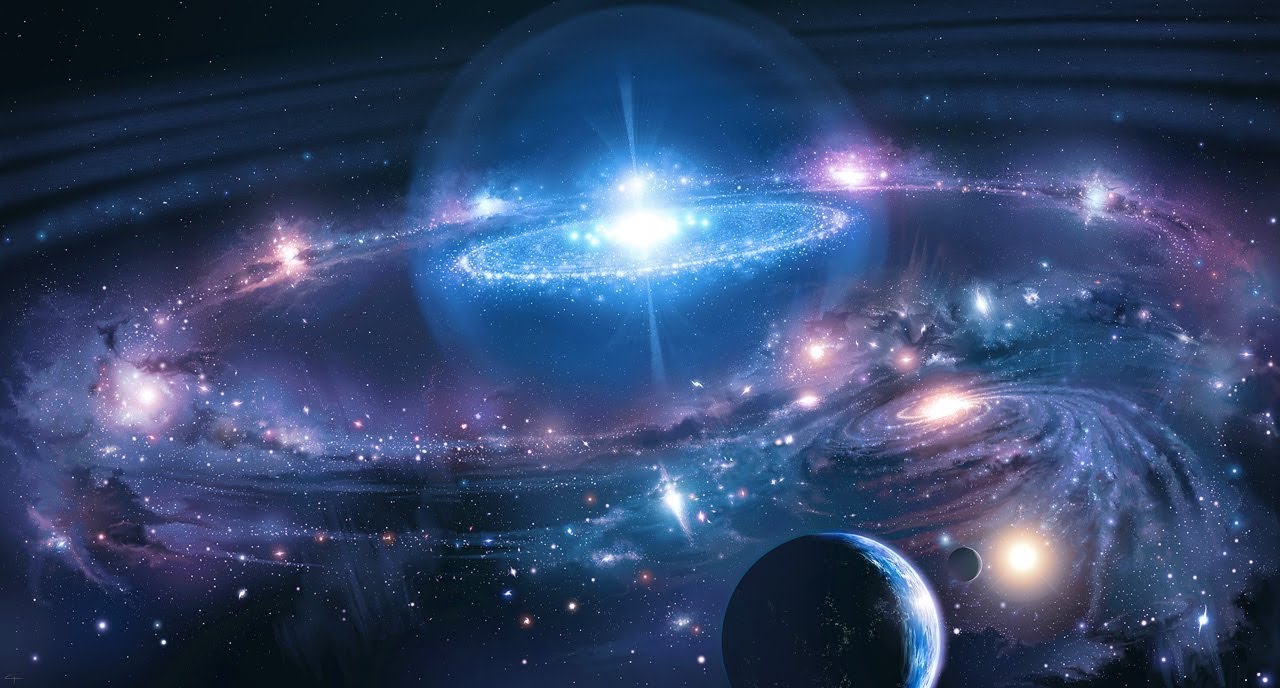More actions
m Tweaks. |
m Tweaked format. |
||
| Line 1: | Line 1: | ||
{{ | {{Jt}} | ||
By: | <div style="padding-top: 30px;"> | ||
{{Center|{{Large|Universal History}}<br /> | |||
By: [[w:Olaf Stapledon|Olaf Stapledon]] (1937)}} | |||
<div style="display: flex; justify-content: center; padding: 25px 0 25px 0;"> | |||
{| style="width: 800px;" | |||
|- | |||
| | |||
{{dc|I}}{{start|n one inconceivably complex cosmos}}, whenever a creature was faced with several possible courses of action, it took them all, thereby creating many distinct temporal dimensions and distinct histories of the cosmos. Since in every evolutionary sequence of the cosmos there were very many creatures, and each was constantly faced with many possible courses, and the combinations of all their courses were innumerable, an infinity of distinct universes exfoliated from every moment of every temporal sequence in this cosmos. | |||
[[File:Universal-history.jpg | <div class="res-img">[[File:Universal-history.jpg]]</div> | ||
|}</div> | |||
{{2006|state=expanded}} | {{2006|state=expanded}} | ||
Revision as of 11:16, 13 February 2023
|
In one inconceivably complex cosmos, whenever a creature was faced with several possible courses of action, it took them all, thereby creating many distinct temporal dimensions and distinct histories of the cosmos. Since in every evolutionary sequence of the cosmos there were very many creatures, and each was constantly faced with many possible courses, and the combinations of all their courses were innumerable, an infinity of distinct universes exfoliated from every moment of every temporal sequence in this cosmos. |

